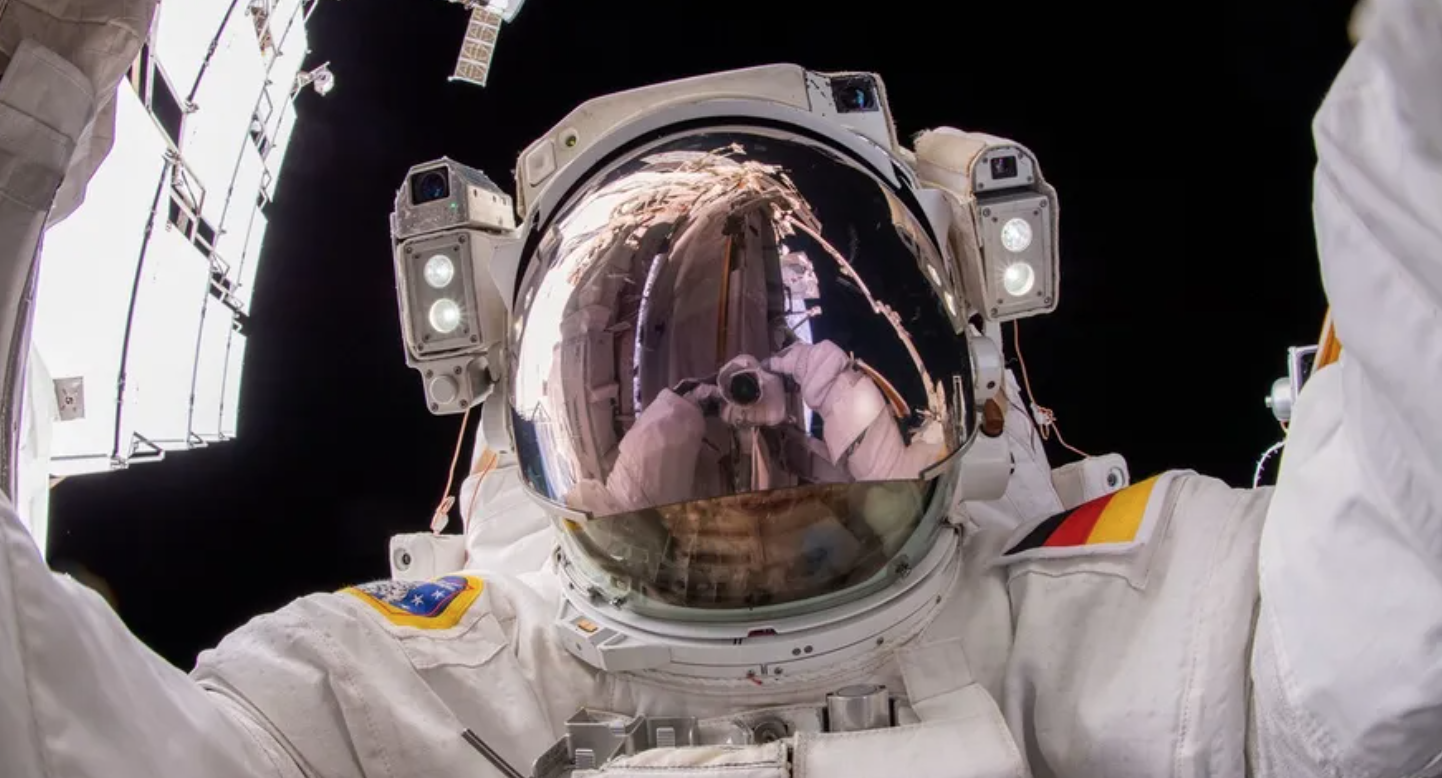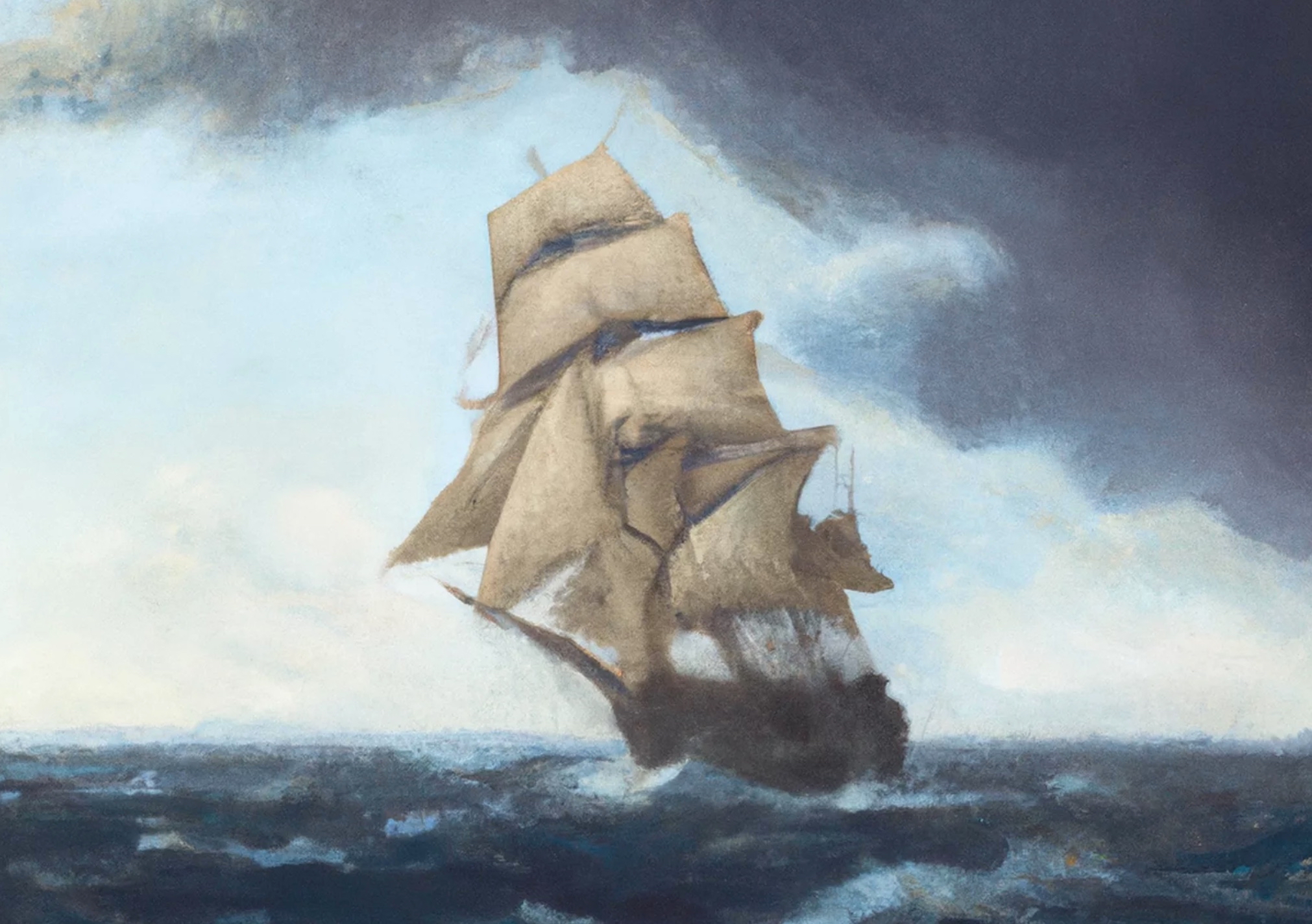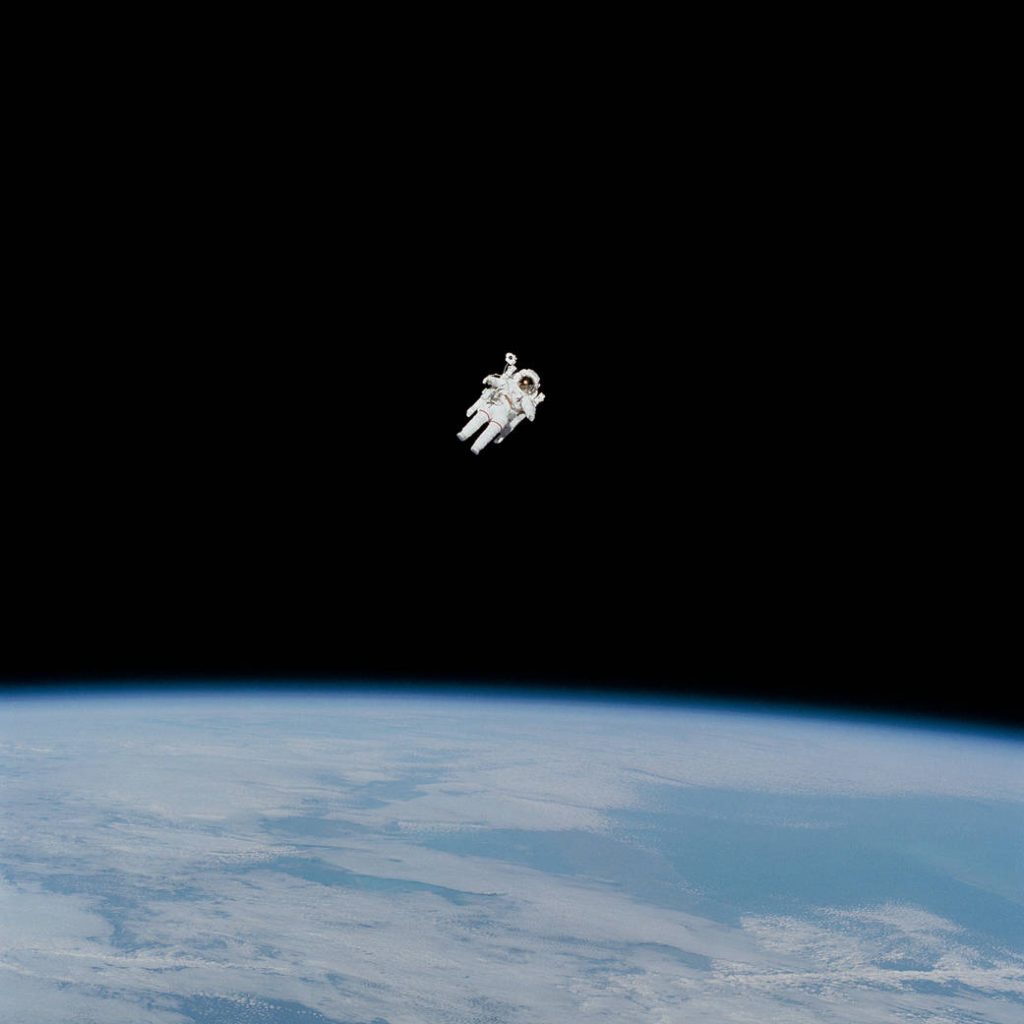Astronauts

Gary Wolf
February 23, 2023
A decade ago, at a Quantified Self Show&Tell meeting, Rob Rothfarb, who’d been treated for cancer as a teen, described a conversation with his doctor. Rob asked: “What’s the best practice for handling heart issues caused by cancer treatment, several decades after the treatment ends?”
His doctor replied: “I don’t know. Nobody knows. Rob, you’re an astronaut.”
All self-researchers asking questions that don’t attract scientific interest are astronauts in this sense. They are forced to explore beyond the limit of medical knowledge because nobody else will ever care enough about their questions to make the empirical observations needed for discovery.
In her book released this week, We the Scientists: How a Daring Team of Parents and Doctors Forged a New Path for Medicine, Amy Dockser Marcus tells the story of a group of families who forced research attention onto a rare genetic syndrome, Niemann-Pick disease type C (NPC). The disease interferes with cholesterol transport in cells and most children diagnosed die before the age of twenty. With their medical allies, including some leading research geneticists, the activist families accelerated the study of promising drugs to treat NPC, and, though a cure is still beyond the horizon, the new forms of collaboration they tried may have a chance of changing the culture of drug research — though this is far from certain.

The scientist who first brought families and researchers together was Christopher Austin, then the director of the National Center for Advancing Translational Sciences; now he is the CEO of Vesalius Therapeutics. A familiar metaphor for exploring beyond known territory is a ship at sea. This image is taken from a post titled “Losing Sight of Land,” by Noubar Afeyan, the CEO of Flagship Pioneering, the VC company that funded Vesalius and recruited Dr. Austin.
Vesalius emphasizes that its focus is on common illnesses. There is an irony here: while there’s an inarguable rational for pointing the most powerful tools of discovery at the most common diseases, this is also the problem that We the Scientists starts with: when what you have is very rare, clinical research looks away.
And yet, the very notion of common illnesses may not survive the approach either of the patient-activists Dockser Marcus writes about or of the new techniques Austin and colleagues are developing at Vesalius. That’s because rarity is common.
NPC is rare in the sense that it is a known genetic disorder of a few thousand children. Something like Alzheimer’s disease, or Parkinson’s, or diabetes, or depression, affects tens or hundreds of millions. But these differences in scale are illusory. NPC is a narrowly defined condition with a known cause. Each of the other health problems I listed is a disease with widely varying expressions, causes, and treatment regimes. When you take into account the personal challenges of dosing, side effects, diet, sleep, and other activities that affect symptoms, the group size of people facing common diseases resolves downward toward a resolution of one.
This is not to downplay the crisis of rare disease, in the sense that Dockser Marcus and her protagonists mean it. Nor is it to undervalue the general tools clinical research delivers to manage common components of common diseases; for instance, Levodopa for Parkinson’s. It’s just to say that, in reading We the Scientists, I felt a strong empathy for the frustration and intensity of the families whose children were left outside the known boundaries of clinical research. They were sick and in need of help, but medicine knows almost nothing about how to help them. That’s what’s common. Everybody dealing with complex illness — or even with seemingly simple problems like recovering from injury — soon reaches the limit of clinical knowledge.
As new tools of rapid analysis of candidate drugs, rapid trials of treatments in small groups, and targeted therapies based on individuals deliver — hopefully — useful interventions, questions about the value and effects of these therapies will not decrease but multiply. (For instance, here’s a self-research report about a self-research project about dosing Parkinson’s medication. Here’s another one.)
New knowledge unveils new ignorance. The seafaring metaphor is inadequate. Sailors have it easy. They move in two dimensions. We’re astronauts.


